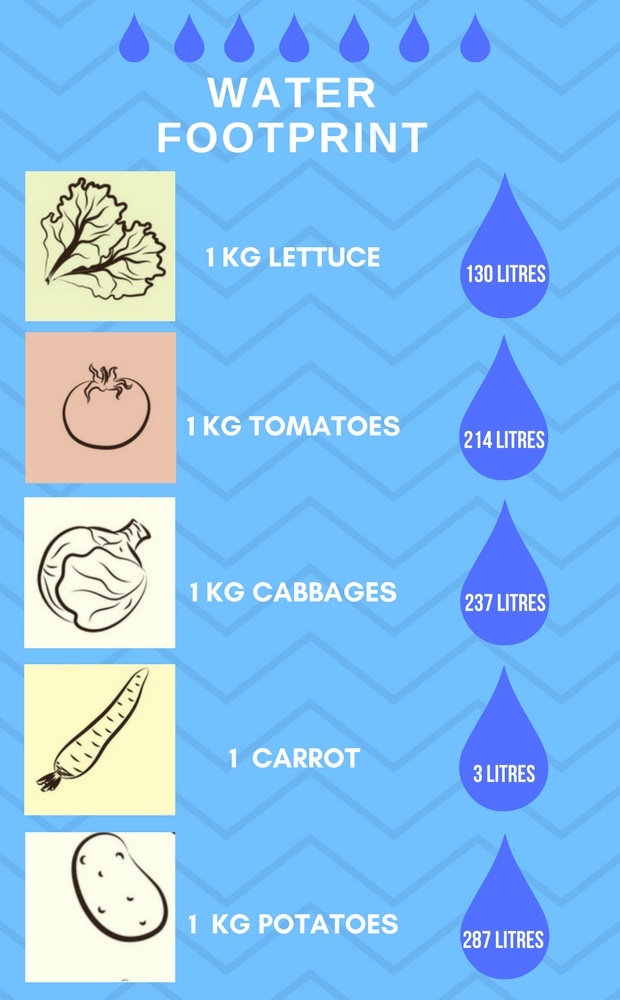(image: iStock)
You know you’re Capetonian when… you’re unable to complete a conversation without talking about the impending Day Zero and what it will all entail for residents of the city. 12 April 2018 is the day (reportedly) when the taps will be turned off and each person will be allocated 25 Litres of water to live on a day.
Let’s take a step back for a moment from our small Western Cape bubble.
Fresh water scarcity is a major environmental concern the world over. The World Wildlife Fund confirms that “only 3% of the world’s water is fresh water, and two-thirds of that is tucked away in frozen glaciers or otherwise unavailable for our use”.
This means us mere mortals need to find a sustainable solution in order to ensure we have enough food to survive. And we can’t grow food without water.
Exploring alternatives
What will happen when the day comes where we can’t access fresh water to grow our fruit and veggies? This is where salt tolerant crops come in.
Studio H, a Cape Town-based food design agency run by Hannerie Visser, has been working on a speculative water project S/Zout, which imagines the future of food if the water used for agriculture is sea water. They’ve partnered with Salt Farm Texel in the Netherlands who have been successfully growing crops that are irrigated with sea water. Their findings are that some fruit and vegetables are more salt tolerant than others – namely; lettuce, cabbage, strawberries, potatoes, carrots, and tomatoes.
What are salt tolerant crops?
Essentially the salt tolerance of crops is the maximum salt level a crop can handle without losing their nutritional and structural properties. The salt level is often taken as the soil salinity or the salinity of the irrigation water (i.e sea water).
“Embracing ethical, resource-conscious living is key for the future of food,” says Visser who believes that as consumers and brands become more environmentally conscious, we will all be able to not only make better food but also leave a more positive impact on the earth.”
ALSO READ: The foodie generation – what we’re learning from Millennials
Studio H’s S/Zout project was named one of the top 10 sustainable foods for the future at Dutch Design Week last year. Hannerie and her creative team have taken the project further by introducing Capetonians to ‘waterless dinners’ where every single item on the menu (including the craft cocktails) is created from only seawater-irrigated ingredients. Expect to see crunchy carrots and baby tomatoes with a creamy garlicky dip, homemade kimchi, beer brewed with sea water and more! Want to attend one of these dinners? Book your spot HERE.
(Images: Supplied by Studio H)
“This whole project was fuelled by our ongoing obsession with designing solutions for a world suffering from water scarcity. We are constantly calculating the water footprint of everything that we eat,” she says.
(Stats provided by Studio H)
So as we change our mindsets about living a life with very little water to wash our bodies and perform ‘normal’ everyday functions, let’s also think more deeply and meaningfully about the global scarcity of this precious resource and embrace the various sustainable ways of looking after the planet… and ourselves.
ALSO READ…
20 Waterless recipes that will ensure you save every drop in your kitchen
Capetonians – reduce the amount of H2O you’re cooking with and try a recipe that’s ‘water-free’! Pin this list and send it to a friend or neighbour.

